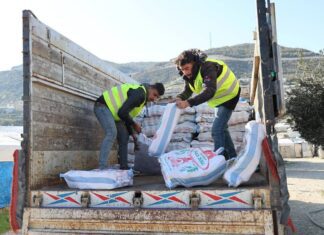
In the war-torn nation of Syria, where violence and bloodshed have been the norm for over a decade, an unexpected turn of events is unfolding. Despite the notorious reputation of Assad’s regime for employing brutal methods of governance, including chemical weapons, terrorism, and mass murder, several nations, including former adversary Turkey, have embarked on a controversial journey towards reconciliation. This profound shift in attitude raises questions about the potential consequences and risks involved in such a delicate process.
Turkey’s Role and the Prospects of Reconciliation
Turkey has been a major player in the Syrian civil war since its inception in 2011. Initially, Turkey provided refuge to millions of Syrians and gradually increased its support by offering medical, humanitarian, and limited military aid to the Syrian people and revolutionaries throughout the conflict. An official within the ranks of Hayat Tahrir al-Sham (HTS) reminisced about those early years, stating, “Turkey has been a key ally in supporting efforts to protect the people of Syria and counter the brutalities of the regime forces.”
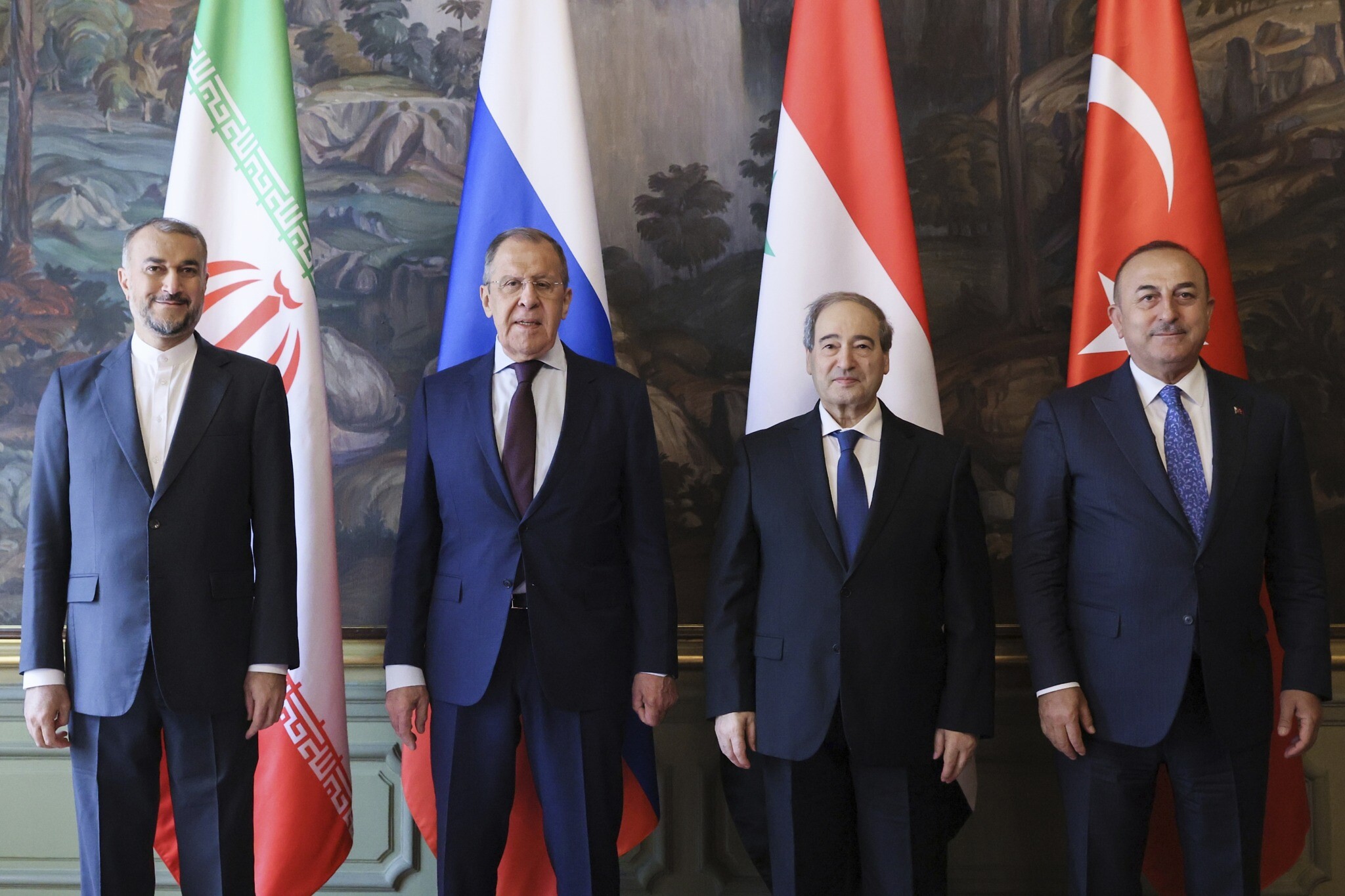
In 2016, Turkey launched large-scale counter-terrorism operations in northern Syria with the aim of securing the Turkish-Syrian border. Since then, Turkey has maintained a military presence in the region, expanding its military role under agreements with Russia, which sought to create a de-escalation zone. As part of this agreement, Turkish-run observation points were established throughout Idlib and Aleppo provinces.
The presence of Turkish troops has been a source of contention for the Assad regime, which desires the withdrawal of Turkish observers. Charles Lister, an analyst and Middle East Institute (MEI) Senior Fellow, explained to L24, “Damascus has consistently insisted on a full Turkish military withdrawal as a precondition or confidence-building measure before any substantive normalization can take place.”
While Ankara has stated that the withdrawal of its troops can only occur once stability has been restored, such an action could have disastrous consequences. As the official of HTS told L24, “Any withdrawal of support could weaken the revolution and Turkey’s position. Our two countries are intertwined, and the political consequences of such a move would be disastrous in this situation. The Assad regime has never followed through on agreements, as is widely known. As a result, we do not anticipate a complete withdrawal of Turkish support, which would be detrimental to both of our interests.” He emphasized the broader implications and potential consequences of changes in support for the liberated areas, including the impact on Turkey’s security, regional stability, and the balance of power in the region. Maintaining the safety and security of the nearly four million civilians in northern Syria is vital for the long-term interests of all parties involved, including the international community as a whole.
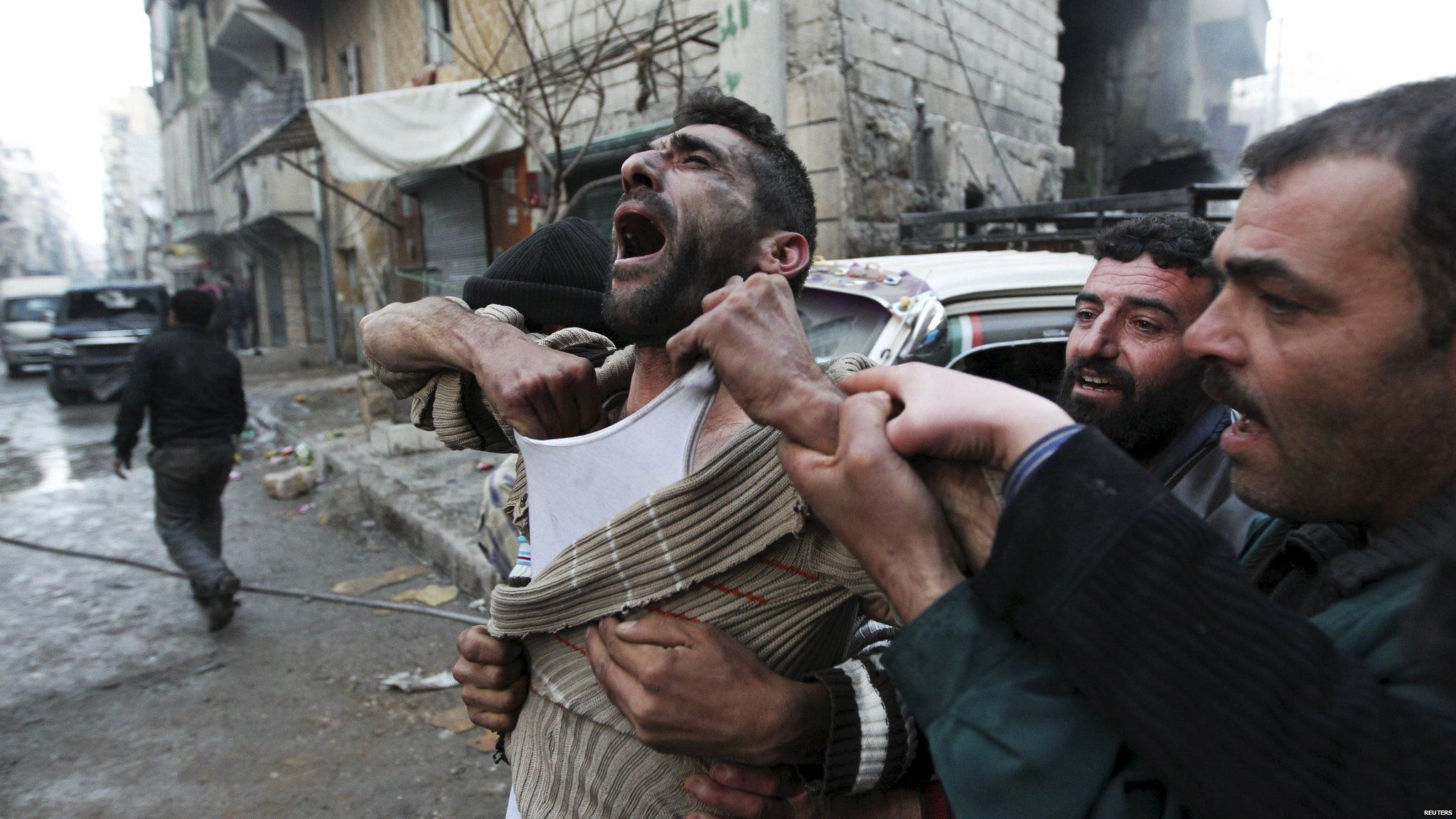
Despite these concerns, changes have been taking place. In May 2023, Syria was reinstated into the Arab League, a move condemned by Washington, which described it as a “grave strategic mistake that will embolden Assad, Russia, and Iran to continue butchering civilians and destabilizing the Middle East.” Regardless of US concerns, Turkey has taken significant steps towards reconciliation with Damascus.
Since February, multiple meetings have occurred between Ankara and Damascus, most notably in Moscow, with representatives from the Syrian regime, Iran, Russia, and Turkey discussing Syria’s “territorial sovereignty” and “anti-terrorism cooperation.” These developments have left many wondering about the implications of such a rapprochement for the liberated areas.
Assessing the Assad Regime’s Uncompromising Stance
The Assad regime has consistently shown a lack of restraint and an uncompromising attitude, viewing complete surrender and capitulation to its authority as the only solution. As MEI’s Lister noted, “At no point in the past 12 years has the Assad regime indicated any willingness to reform or offer concessions to its opponents. In fact, when under pressure, the regime has consistently escalated rather than de-escalated.” Therefore, any attempts at “reconciliation” or “reintegration” between the liberated territories and those under regime control are likely to result in destabilization and a fresh outbreak of violence.
“From a military standpoint,” the HTS official said, “any effort to invade the liberated territories would be met with harsh retaliation. We have taken advantage of the relatively calm period to build a force capable of dealing with the regime and its allies. Given that the regime has a policy of scorched earth against innocent civilians, we can expect a significant wave of displacement, which will bring new issues both internally, but also for Turkey and Europe.”
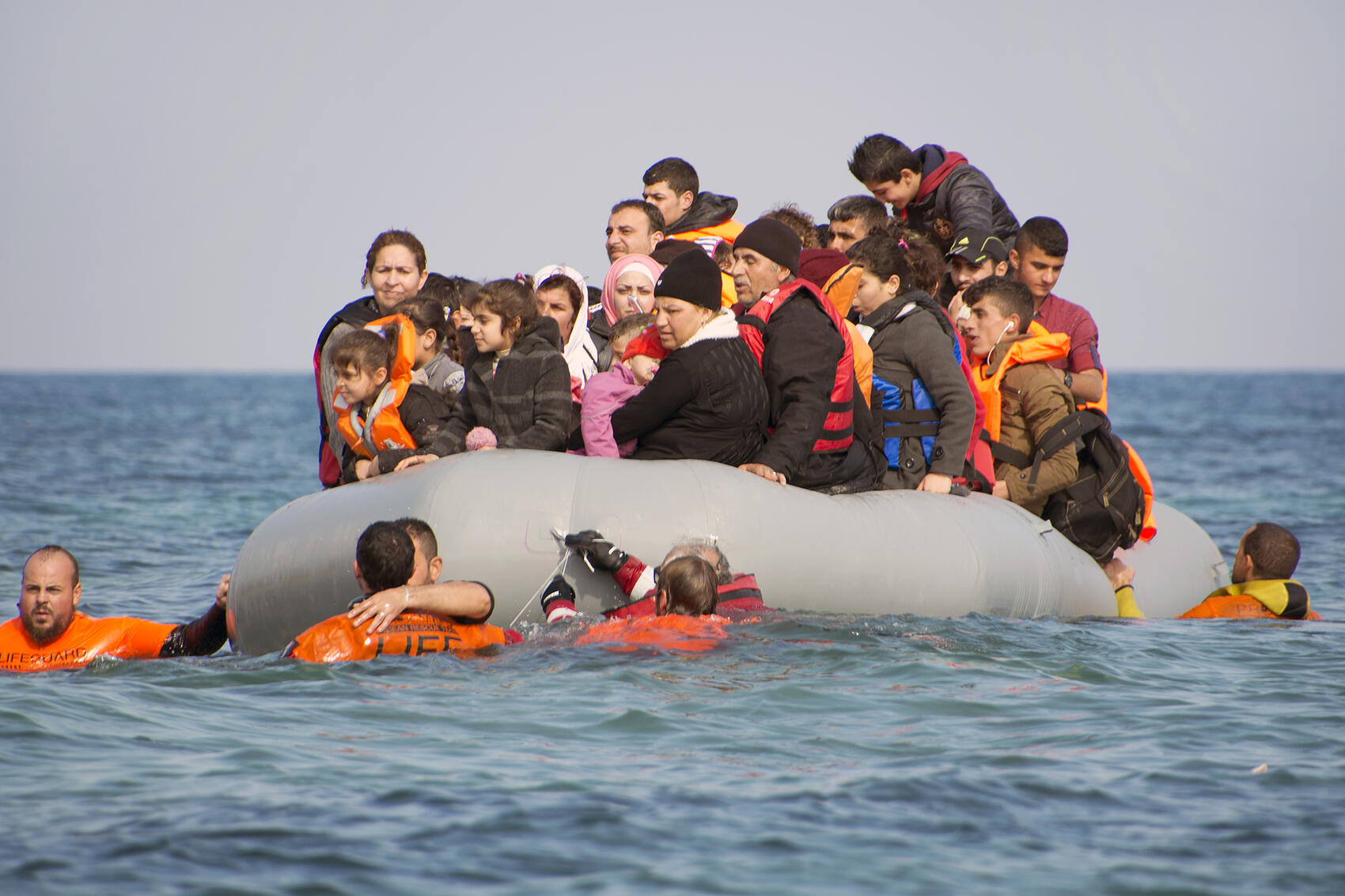
However, some proponents argue for a reconciliation and amnesty program for the reintegration of the de facto partitioned northern regions of Syria, similar to what was proposed and implemented five years ago in Daraa province in the south of the country.
Lessons from the Daraa Solution
“It’s widely known,” Lister told L24, “that the Turkish government believes the model for reconciliation with Damascus will be through a Daraa-style deal.” The Daraa deal, brokered by Russia in 2018, promised safety and amnesty for the military groups that surrendered and allowed regime forces into their areas.
While the Daraa deal averted a full-scale attack and offered a temporary respite from violence, it failed to bring long-term stability to Daraa. The region continues to experience daily clashes between the regime and revolutionaries, as well as incidents of assassinations, murders, bombings, kidnappings, and arrests. As the HTS official observes, “The situation in Daraa serves as a stark reminder that attempts at reconciliation with the Assad regime have not resulted in stability. Despite previous reconciliation efforts, Daraa has experienced continued violence and repression by the regime.”
According to Lister, Turkey believes it can succeed where Russia failed by enforcing the deal more rigorously, with Turkish on-the-ground involvement. However, he argues that this overlooks the fundamental differences between the conditions in Daraa at the time and the present situation in Idlib. There is no “off-ramp” for the 3.5 million people in Idlib; they have nowhere to go if they choose to oppose reconciliation. Lister references the thousands from Daraa who were given safe passage to places like Idlib in 2018, but such a deal, he says, stands little chance of succeeding.
The Dangers of Forced Reconciliation and Integration
Attempts to force reconciliation are likely to cause further suffering and exacerbate the ongoing refugee and humanitarian crisis in Syria. Lister warns, “If such a deal is imposed on the people of the northwest, all hell is likely to break loose. Many will attempt, in desperation, to flee into Turkey, despite the risks. Conflict will be inevitable, given the prevailing desperation. And in cases like this, extremists will stand to gain the most.”
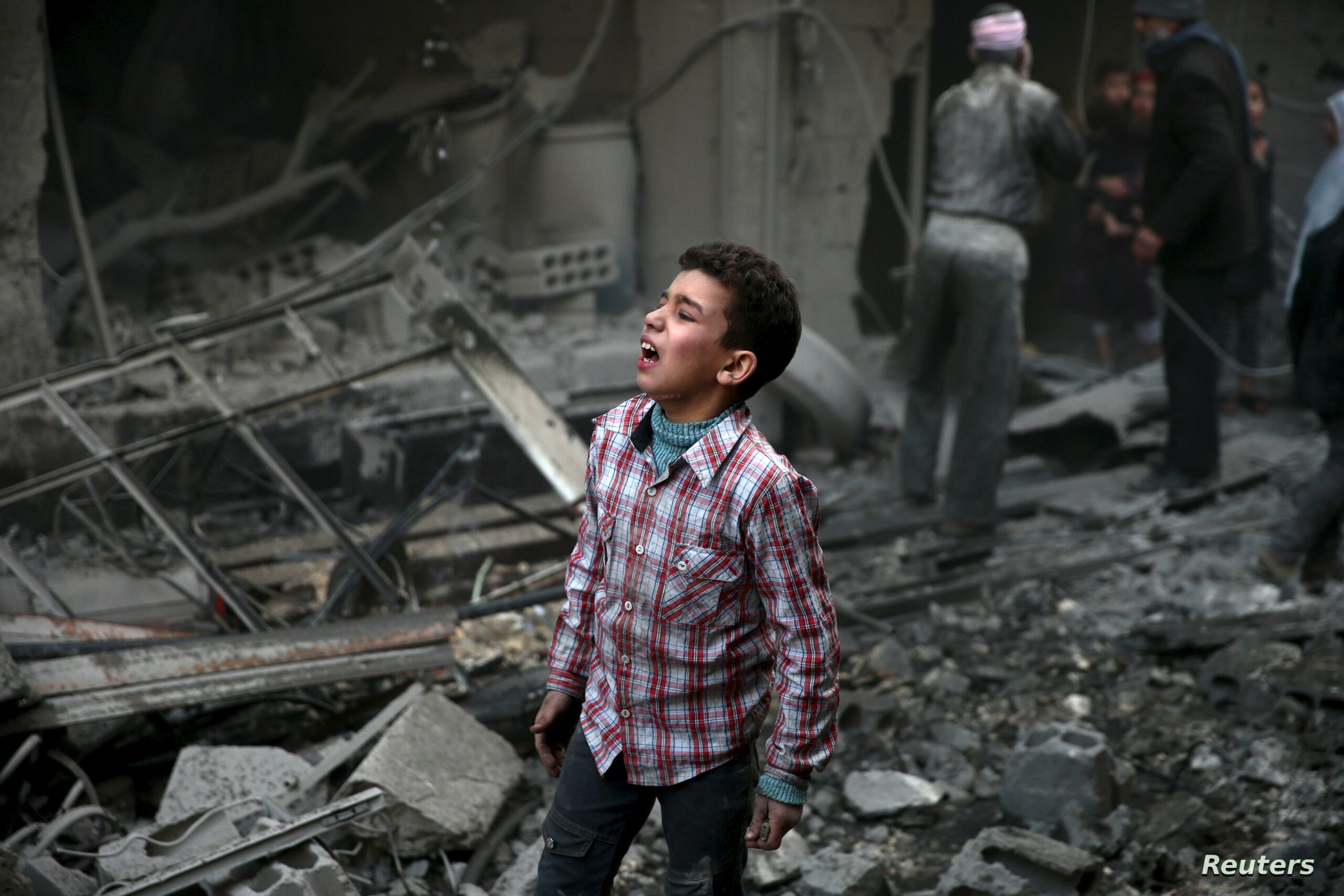
Mandated integration, bypassing the will of the Syrian people, would have significant political, military, and resistance consequences, as explained by the HTS official. Any attempt by the Assad regime to reintegrate parts of the liberated areas through Turkish-Syrian reconciliation negotiations would ignore the regime’s war crimes and human rights violations and imply that such atrocities are an acceptable. The Daraa deal failed to address the underlying issues that caused the conflict, resulting in further instability and violence. Similar initiatives are likely to yield the same outcomes.
The Need for Accountability and a Genuine Solution
In conclusion, the HTS official emphasizes, “The only way to achieve a lasting and sustainable peace in Syria is by holding the regime accountable for its atrocities and addressing the legitimate grievances of the Syrian people. Therefore, the removal of the Assad regime is crucial to finding a genuine solution to the conflict. It is essential for the international community to recognize that any attempts to normalize relations with the Assad regime would not solve the conflict but rather exacerbate it.”




